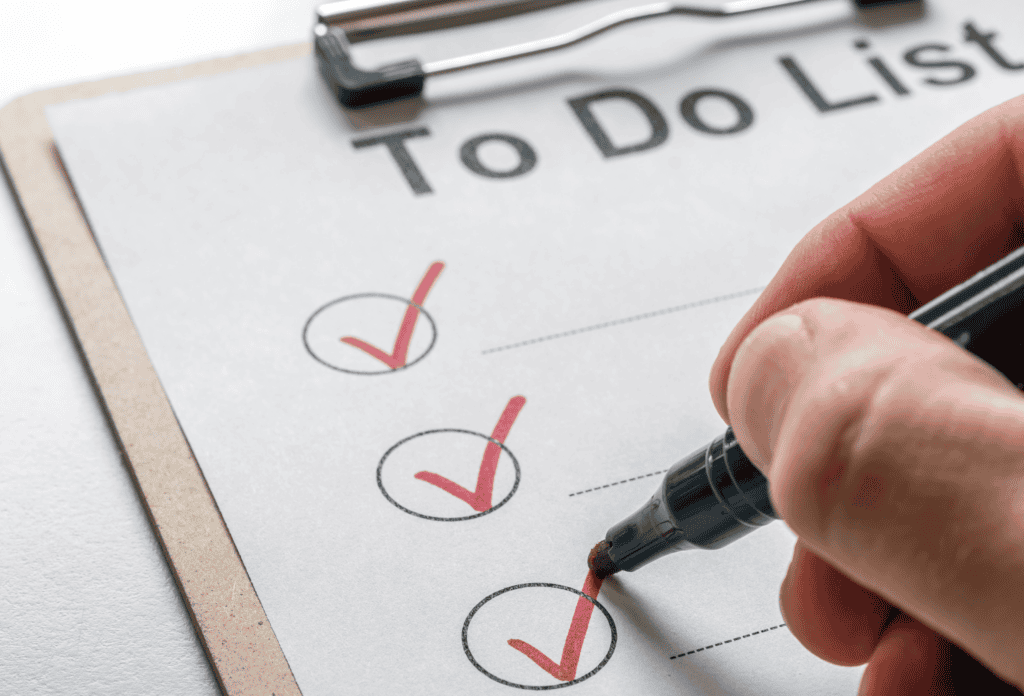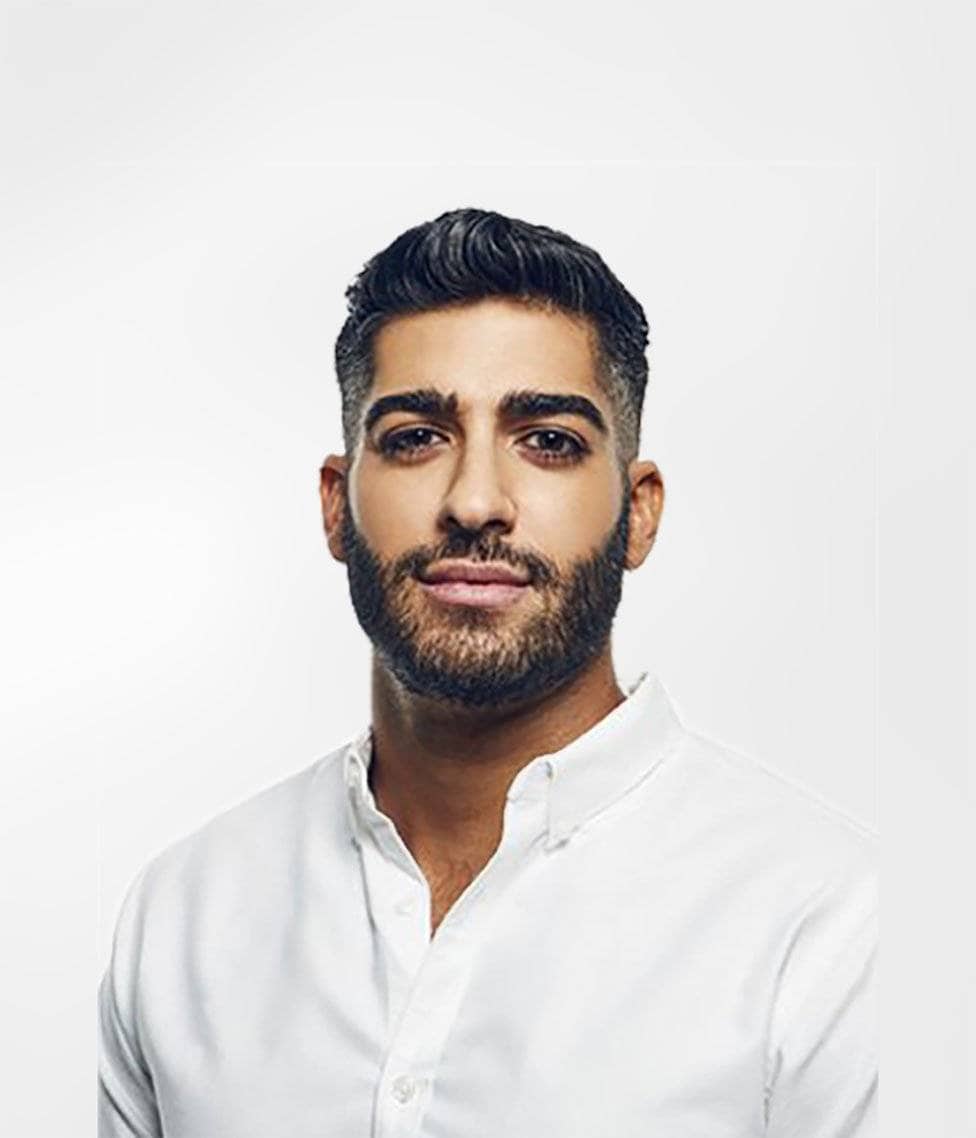1. Limit Your Distractions To Help Maintain Focus
One of the best ways to improve focus, especially with ADHD, is by setting yourself up for success in an environment that minimizes distractions. While a home office filled with personal photos and bright windows may be appealing, it can also be a source of constant diversion. To maintain focus and manage ADHD symptoms, consider consolidating the number of trinkets on your desk and positioning your workspace away from windows. This can help reduce visual stimuli that might pull your attention away from tasks.
Moreover, your phone is a significant distraction that can easily lead to hours of unintentional social media scrolling. To combat this, try placing your phone in another room while you work on important tasks. This simple step can greatly enhance your ability to complete tasks efficiently. By creating a workspace that limits distractions, you support your mental health and improve your overall productivity, making it easier to manage attention deficit hyperactivity disorder and maintain focus throughout the day.
2. Write It All Down
Writing things down can be a game-changer for people with ADHD. It helps offload the mental burden of remembering important details and specific tasks, making it easier to sustain focus and concentrate. Invest in a pack of sticky notes and place them around your home along with a few pens or pencils. This way, whenever you remember something important, you can write your future self a detailed note. This simple habit supports brain chemistry by reducing the cognitive load, which can feel overwhelming for extended periods.
In addition to jotting down reminders, creating a to-do list is an incredibly effective way to stay on track. Daily to-do lists not only help you remember the tasks you need to complete but also allow you to see the progress you’ve made. This visual representation of your accomplishments can be highly motivating and is key to maintaining focus on daily tasks. By breaking down your responsibilities into manageable chunks, you can improve focus and manage ADHD symptoms more effectively. Whether it’s a specific task or a series of tasks, writing it all down ensures nothing slips through the cracks, helping you stay organized and productive.

3. Recognize Your Limits
Understanding and acknowledging your limits is crucial, especially for people with ADHD. Research suggests that adult ADHD can lead to fluctuating attention levels and concentration difficulties. Some days are undoubtedly better than others when it comes to focusing, and it’s important to practice self-care by recognizing when you’ve reached your mental capacity.
Even on days when concentration feels impossible, remember that it’s okay to have “bad” days. When your brain and body are done, they’re done. If you find yourself struggling with a particular task for an extended period, it’s helpful to switch to a different task or take a break altogether. This approach prevents unnecessary stress and helps manage feelings of frustration.
Deadlines and the pressure to complete tasks can be overwhelming, but it’s vital to listen to your body and mind. Recognizing when to stop and regroup is a valuable tool in maintaining productivity and mental well-being. By respecting your limits and allowing yourself the flexibility to adapt, you can better manage ADHD symptoms and ultimately achieve more in the long run. Remember, self-care isn’t just beneficial—it’s essential for sustained focus and overall health.
4. Schedule In Breaks
Incorporating regular breaks into your routine is a powerful strategy to support your focus and motivation, especially for adults with ADHD. One effective method to try is the Pomodoro technique, which involves working for 25 minutes followed by a five-minute break. After four of these cycles, you take a longer break, typically 15 to 30 minutes. These scheduled breaks can help prevent burnout and provide a much-needed pause, reminding you that there’s a light at the end of the tunnel for every focused work session.
Breaks are not just about resting your mind; they also involve physical activity, which is crucial for maintaining concentration. During your breaks, get up and walk around to get your blood flowing and increase endorphin levels. This physical exercise can significantly boost your brain’s ability to focus on the next task. Whether you are tackling a project at work, managing tasks at home, or balancing your social life, incorporating these breaks is a helpful way to stay on track.
Advice for scheduling breaks is simple: find a rhythm that works for you and stick to it. This practice supports both your mental and physical health, making it easier to manage ADHD symptoms. For example, after a 25-minute focused work period, stand up, stretch, or take a brief walk. This approach not only helps you stay focused but also enhances your overall productivity. Remember, taking regular breaks is a smart and effective way to maintain a balanced and productive work life.
Honorable Mention For Those with Attention Deficit Hyperactivity Disorder: Be Gentle With Yourself!
This is perhaps the most important tip for anyone living with ADHD: be gentle with yourself. It’s vital to recognize that focus can be unpredictable, and there is no benefit in beating yourself up over periods of poor focus. Understanding and accepting this variability is a key part of managing ADHD and improving focus.
Focus comes in waves, and sometimes, your concentration may arrive unexpectedly. When those motivation kicks happen, seize the moment and work when your brain is ready. Forcing yourself to focus when your mind isn’t cooperating will only lead to frustration and decreased productivity. Instead, honor your natural rhythms and be patient with yourself.
Mental health plays a significant role in managing ADHD. If you find it particularly challenging to cope, consider seeking support from a mental health professional who specializes in ADHD treatment. They can provide personalized strategies and tools to help you manage your symptoms and improve your focus.
Remember, being gentle with yourself is not just helpful—it’s essential for your mental well-being. Acknowledging your efforts and celebrating small victories can go a long way in maintaining motivation and a positive outlook. Embrace your unique way of working and recognize that self-compassion is a powerful tool in your ADHD management toolkit.

Know When To Ask For Help From a Mental Health Professional
ADHD is not something you need to navigate alone. Creating an ideal environment and learning to limit distractions can significantly improve focus for both adults and children with ADHD. Whether you’re managing your home life or tackling one task at a time, it’s crucial to recognize when to ask for help. If ADHD is severely impacting your daily life, seeking assistance from a trained professional is a wise step. Both medication and talk therapy are incredibly beneficial ADHD treatment paths that can help you find balance and improve your quality of life.
At Modern Therapy Group, we are here to support you. If you’re looking for a therapist to speak with, feel free to reach out to our office today. Together, we can help you hone in on your focus and conquer your condition, creating a more manageable and fulfilling life. Let us assist you in building the tools and strategies needed to thrive with ADHD.

